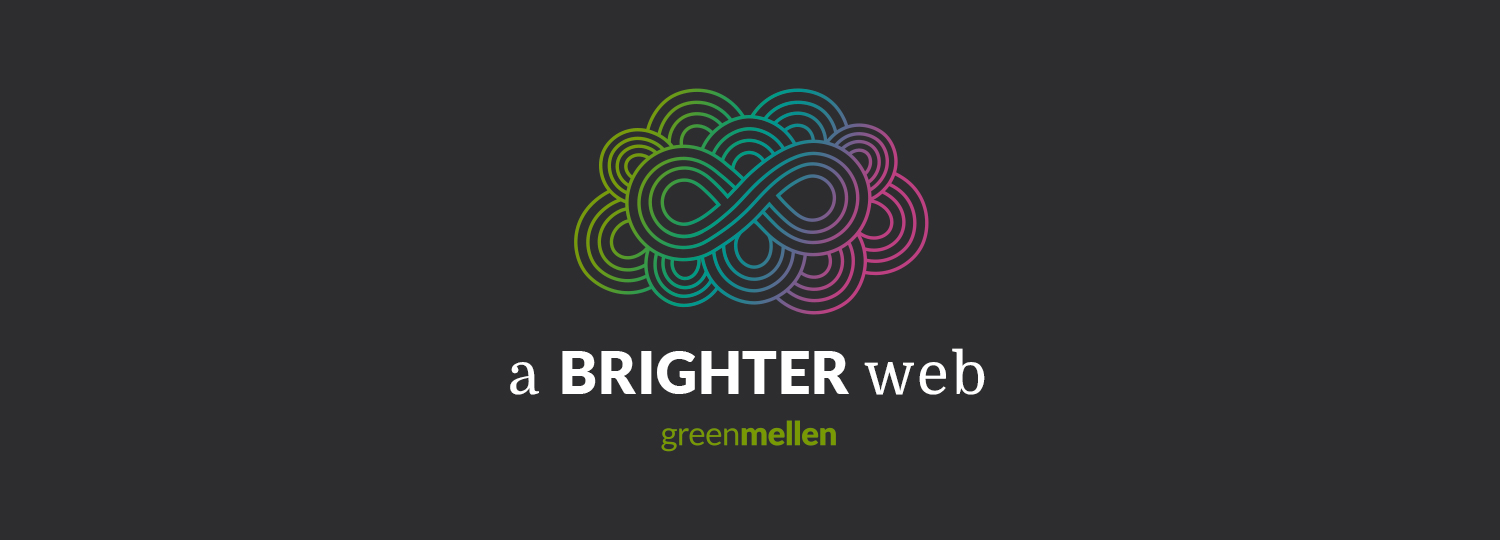We encounter so much information daily—it’s easy to get lost or confused. One of the best ways to combat this is to have a good note-taking approach. But how do you take effective notes and keep them organized enough to be useful?
Show Notes
Why is it valuable to take notes?
- Our brains are quite fallible.
- We work hard to keep it strong, and you can still forget things.
- Notes are a great way to know what was said, and what that meant to you at the time.
What can you take notes for?
- The two big ones are meetings and books, for different reasons:
- Meetings, to remember what we said and serve our clients appropriately.
- Books, to help me learn.
- This could be reframed as learning and logistics.
- Other things can include conferences, podcasts, task lists, etc.
What do you do with your notes after writing them down?
- For many people, just writing notes down is a huge first step.
- For me, it depends on the type of note:
- For meetings, I’ll make sure they’re cleaned up and in a place where the team can benefit from them.
- For books, I’ll add more context around them and put them in a system where I can use them later. I also try to pull out any gems and turn those into future blog posts.
Why do you prefer digital notes to physical ones?
- I’m digital all the way, mostly for the ability to share with others and do some great cross-referencing on my own.
- There are advantages to hand-writing notes, though some of the stated ones are a bit over-blown. The three big advantages that I hear about are:
- Handwriting slows you down, in a good way. Handwriting forces you to write about the topic rather than copying verbatim, which makes you think more. Be careful not to just type word for word.
- Digital shows too much information/distractions. This is true, but easily solved.
- Digital shows too many tasks — the list never ends. Well, configure it differently and make it end.
- I tend to go with a hybrid. I’ll often take notes by hand, and then move them into a digital system later. This serves two purposes:
- I can be more present. Depending on the environment, a laptop may not even be appropriate, but manual notes are hard to find.
- The migration of manual notes to a digital system is gold. I take church notes by hand, but processing them is an enjoyable Sunday afternoon activity.
How is note-taking relevant for marketers or business leaders?
- It goes back to the two core reasons:
- For clients and meetings, you want to know what they said and remember what you promised.
- On the other hand, as a marketer or business leader, you should be constantly working on your skills.
I recently wrote a post about the different ways someone might take notes about a book. It gives more detail about how to capture information that you read.


